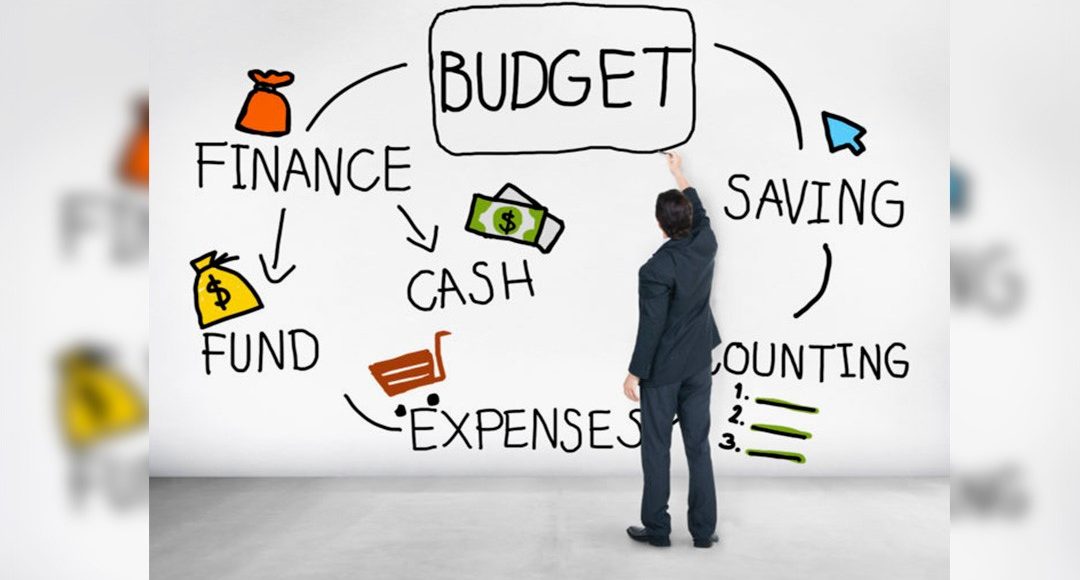
One thing is certain – there is a lot of uncertainty around us. One way I am dealing with the uncertainty I feel about the world we are now living in is to be productive. To find purpose in every day. That’s why this weekend I found myself making Chex Mix (a family holiday fav) and mailing it to my girls. (It was a hit, BTW 🙂 .)
The blog you are about to read is not our typical blog. But it’s something we want to share with you – our readers. It is a call to action. It’s also a reminder to remember how we feel in this moment about money. We know that financial education is a critical tool during a crisis. Knowing how to navigate the financial system helps people get loans, get unemployment and manage debt wisely.
Many people, however, are suffering now because they do not have the financial education foundation they deserve. At Money Savvy Generation, we have always felt that financial education is a civil right. And now, more than ever, we see just how important that education would be to so many who are suffering.
So, take a look at the following blog post written by our company President, Michael Beacham, and then take some productive action. Go to this link where we have, for a limited time, many of our financial education resources offered for free. Each one of these resources will help you start a money conversation with your kids.
The way you feel now is not how your kids need to feel in the future. So click on the link and get started!
Now’s the time to double-down on financial literacy education, especially for the next generation
As our nation begins to venture down the long road towards “returning to normal,” we should take a step back and realize that not everything should return to exactly the way it was before. One of the everyday norms that we should work hard to change is the average person’s degree of financial literacy. We need to double-down on efforts to provide financial education to students and adults alike.
Most people have very little knowledge of personal finance and the ramifications of this are painful to behold. According to a recent survey by GOBanking Rates, nearly 70 percent of Americans have less than $1,000 stashed away, and 45 percent have nothing saved at all. And household debt was at an all-time high of $14.15 trillion just prior to the pandemic. This evil brew of little savings and high debt has made has this period of pandemic, quarantine and job loss all the more stressful, difficult to navigate and even life threatening. Twenty-six million Americans are newly out of work. And with little to no savings to tap, these households can’t survive on the government bailouts, even if they are lucky enough to qualify for them. Personal bankruptcies are anticipated to skyrocket in the coming months and years to come.
Critical Gap
The pandemic has highlighted a critical gap in how we prepare our citizens to navigate in a financially complex society. And it highlights why now is an excellent time to finally spring into action, while the wound of being financially unaware and unprepared is still raw and painful.
A 2019 paper produced for policymakers by the Consumer Financial Protection Bureau reviewed the latest academic research. They concluded that starting early with age-appropriate and relevant financial education and consistently reinforcing those lessons can pay dividends over the course of a lifetime. As a society we know this and have known it for a long time. We need to stop simply giving lip service to the issue of financial literacy and put meaningful actions behind the words.
Best Protection, Good Financial Habits
For the relative few who possess above average financial literacy, their suffering has been less, their journey easier. The financially literate among us were simply better prepared for this unprecedented challenge to everyone’s personal finances. Our goal should be to make everyone financially literate; for people to learn how to protect themselves through good financial habits.
Achieving the Goal
This goal will be at least partially achieved when:
- People learn to save, and to have an emergency fund for when the unexpected happens.
- They learn to invest so their savings can greatly outpace the rate of inflation.
- People learn to live below their means, not paycheck to paycheck. Doing so, it will make it easier to absorb a temporary cut in income.
- They learn to use credit cards only in emergencies, when cash flow takes a hit. As a result, they don’t use up their available credit line for non-emergency purchases (to live above their means). Then there will be credit to tap should the need arise.
- They prepare ahead of time by committing to education because they understand that education pays both in terms of higher wages and lower unemployment. So fewer of them are in low-paying jobs that are usually the first to be cut.
- They know that they need health insurance that can pick up most of the enormous cost of a personal health disaster.
- And when the stock market plummets due to uncertainty, the financially literate are able to comprehend what the investment experts were saying about the situation. And they understand why that moment is not the time to sell their investments. Likewise, they know that their 401(k) should be the absolute last place they look for available cash.
All of those behaviors sound like common sense and, essentially, they are. But most people don’t practice them or even know about them or know how to put them into practice because they haven’t been exposed to them by their parents or taught this material in school. This needs to change.
Motivation for Financial Education
With the pain of this event fresh in the minds of young and old alike, let’s use this crisis as the final motivation, the tipping point, if you will, to make financial education a top priority. Let’s collectively re-prioritize. Let’s make the time and resources available to double-down on efforts to include financial education for young people in all grade levels at school. Let’s offer it in community centers and camps and any other venue where we can gather and educate our youth. Just like math or language, financial education needs to be taught over and over again at increasing levels of sophistication from Pre-K through college. And when it is, people will become masters of their financial lives as opposed to victims of their poor financial decisions.
There’s a Buddhist saying that goes “pain is an inevitable part of human existence, but suffering is optional.” Let’s redouble our efforts to give people the education and the tools they need to see and understand the financial options available to them. All of this so they can build the good financial habits they need. We want people, especially the next generation, to avoid suffering like this again when the next crisis inevitably arises.
Michael Beacham
President, Money Savvy Generation


Leave a Comment